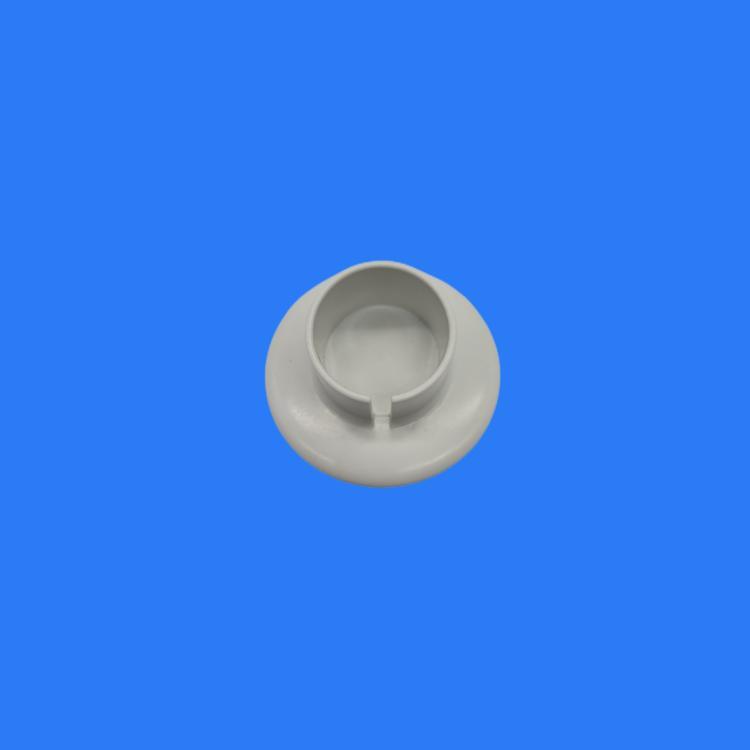Trial Mold production is a necessary process for each set of molds before production. To ensure that mass production meets standards, it is necessary to pay patience to adjust and control various processing conditions, find the best temperature and pressure conditions, and develop standard trial mold procedures that can be used to establish daily work methods. Plastic Mold making is a relatively complex production and manufacturing process with multiple processes, including mold flow analysis, mold design, mold processing, mold assembly, and mold trial. 
The quality of the test results of plastic molds before Injection Molding will directly affect the smoothness of subsequent production in the factory. Therefore, in the trial process of plastic mold injection molding, it is necessary to follow reasonable operating steps and record useful technical parameters during the trial process, in order to facilitate mass production of products.
Before repairing the mold, a detailed analysis and research should be conducted based on the actual situation of the defects that occur in the plastic parts, to identify the reasons for the defects in the plastic parts and propose remedial methods. Because the forming conditions are easy to change, the general practice is to first change the forming conditions, and only consider repairing the mold when changing the forming conditions cannot solve the problem. There are many types of defects in plastic parts, and the reasons are also complex, including mold and process conditions. The two are often intertwined. Although plastic mold design is carried out under predetermined process conditions when selecting molding materials and equipment, people's understanding is often incomplete. Therefore, it is necessary to conduct trial mold tests after the plastic mold processing is completed to see the quality of the formed parts. After identifying problems, corrective mold repairs can be carried out to eliminate errors.
